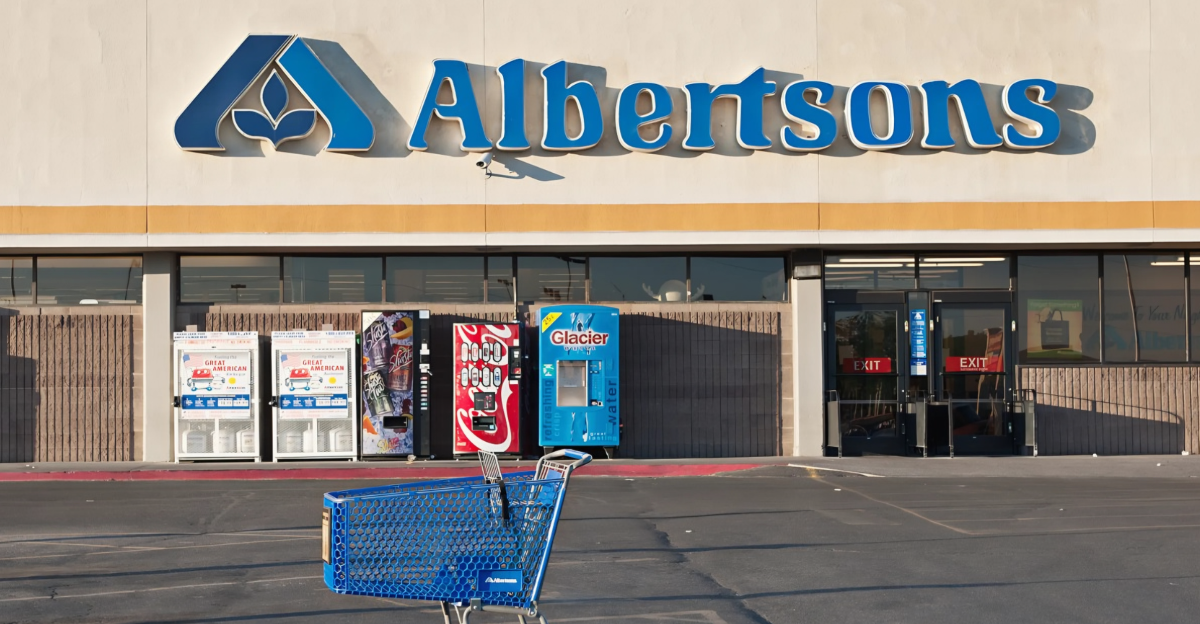
A massive shutdown is currently unfolding in America’s grocery stores as over 100,000 union workers at Albertsons, Safeway, and related chains are threatening to strike. This situation could trigger the most significant grocery labor action the U.S. has seen in decades.
If this strike moves forward, it won’t just inconvenience shoppers; it could cause a chain reaction across the entire food industry. From emptier shelves and longer checkout lines to changes in consumer behavior and potential policy updates, the impact of this strike could reach far beyond the checkout counter this summer.
Why It’s Happening
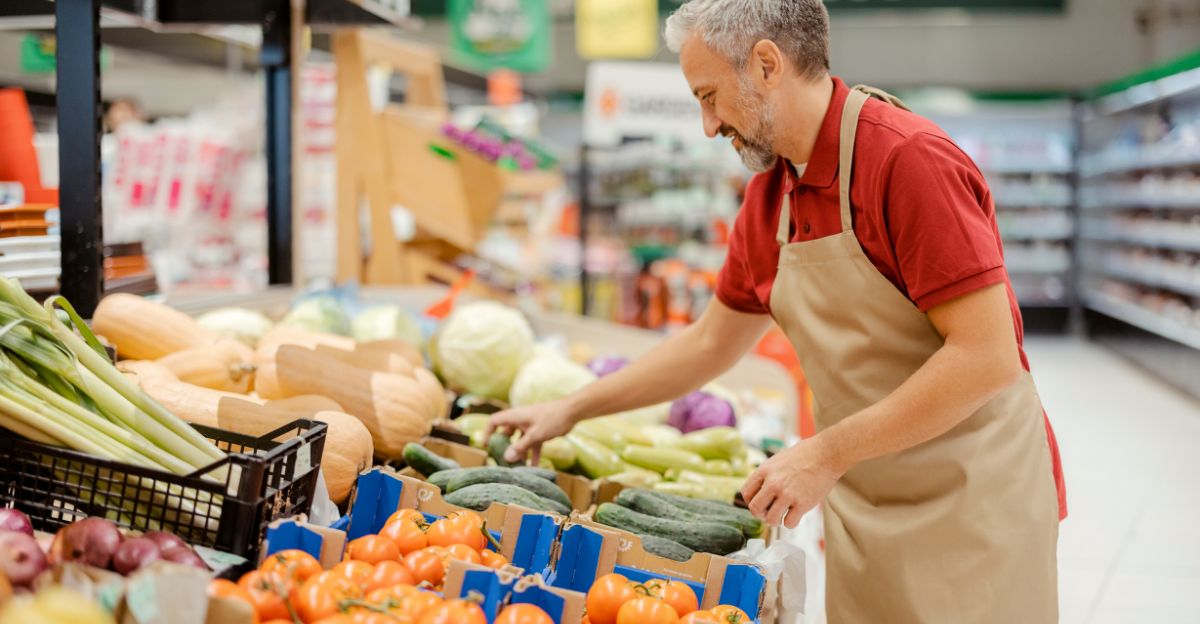
But why is this happening? Over the last few months, unionized grocery workers have expressed significant dissatisfaction with their compensation and working conditions. They argue that their pay hasn’t kept up with inflation, and discussions of potential cuts to their health and retirement plans have fueled their anger.
However, the companies have stated that they’ve offered fair deals to their workers amid rising costs. This standoff highlights deeper tensions in an industry where workers feel overworked and underpaid, even as grocery stores see strong profits.
Grocery Store Changes
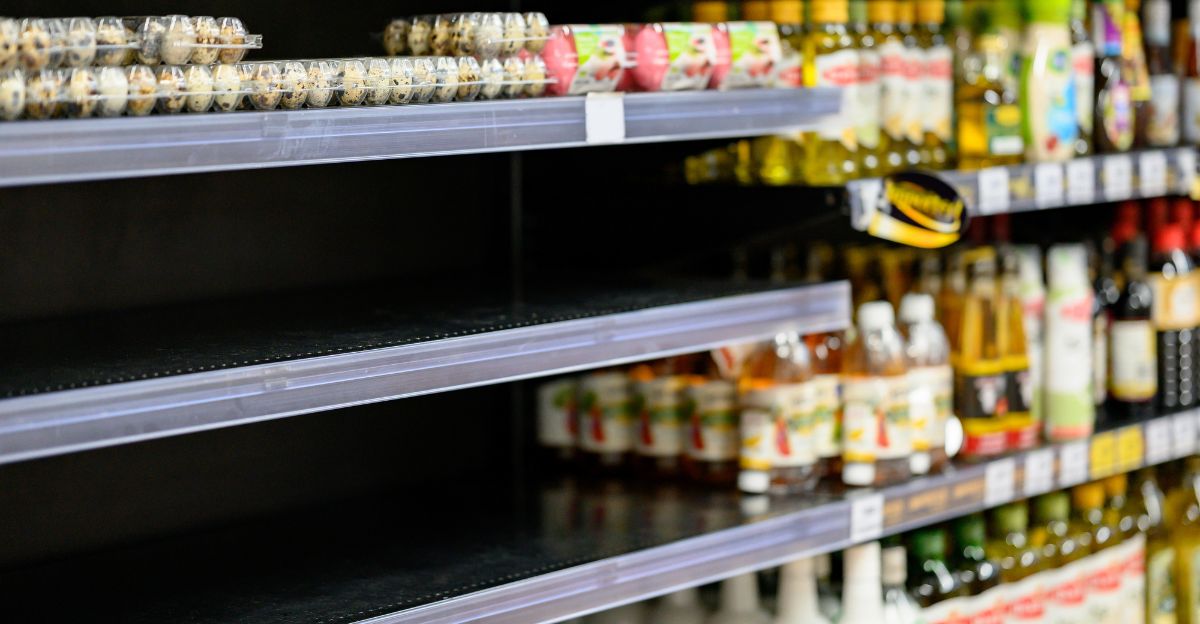
If this strike moves forward, shoppers will notice almost immediately. It would likely result in longer checkout lines, fewer items on shelves, closed deli and pharmacy counters, and a scramble to hire temporary staff.
The quality of service in these grocery stores is expected to decline, and many essential products could become hard to find. As shoppers struggle to find what they need, frustration will likely grow, disrupting the usual grocery experience for millions of Americans.
Fast Food Fallout

Since major supermarkets will be facing significant disruptions, many fast food chains and convenience stores might see a sudden surge in foot traffic as shoppers look for quick alternatives. However, it is important to note that these businesses might also face supply shortages and higher costs as grocers compete for limited inventory and labor.
This could lead to menu changes, higher prices, and longer waiting times at drive-thrus as the shockwave spreads through the broader food industry.
Alternative Grocers and Small Stores

Many independent grocers, regional chains, and discount retailers like Aldi and Costco might also see an unexpected surge in foot traffic as shoppers seek alternatives. These stores will have to adapt fast by stocking up on their inventories, hiring more staff, and managing crowded aisles.
While some of these stores might benefit from new business, others will likely struggle to keep up with high demand and supply chain disruptions, making the grocery landscape even more unpredictable.
Supply Chain and Distribution

The effects of this strike will likely also be felt further up the supply chain. Suppliers and distributors might soon face a bunch of canceled orders, late payments, and rerouted shipments.
Teamsters truck drivers could refuse to cross picket lines, cutting off deliveries to many affected stores. This could strain logistics networks even more, creating bottlenecks and shortages that extend beyond the initial strike zone. It could seriously impact food availability across entire regions.
Worker Solidarity and Labor Movements
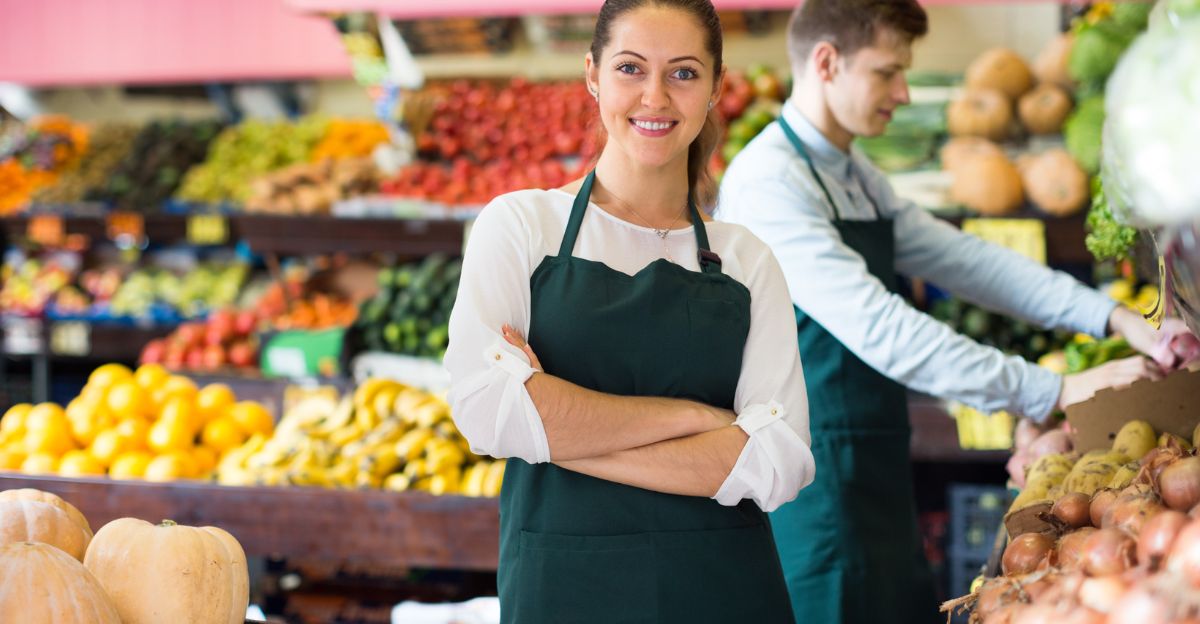
The Albertsons and Safeway strike is now also inspiring similar actions at other grocery chains like Kroger and Vons. Tens of thousands of workers are now also considering strike votes, quickly fueling a broader movement toward better pay and working conditions in retail.
These strike threats could change labor relations nationwide, encouraging more employees to organize and demand fair treatment in essential industries.
Political and Policy Moves

Lawmakers and labor advocates are monitoring the situation closely. Some in Congress have already suggested expanding food assistance for striking workers, while local officials are prepared to join picket lines in support.
The strike is also refueling debates over corporate mergers and antitrust enforcement in the grocery sector, with many policymakers questioning whether industry consolidation has gone too far and what protections workers really need.
Consumer Advice
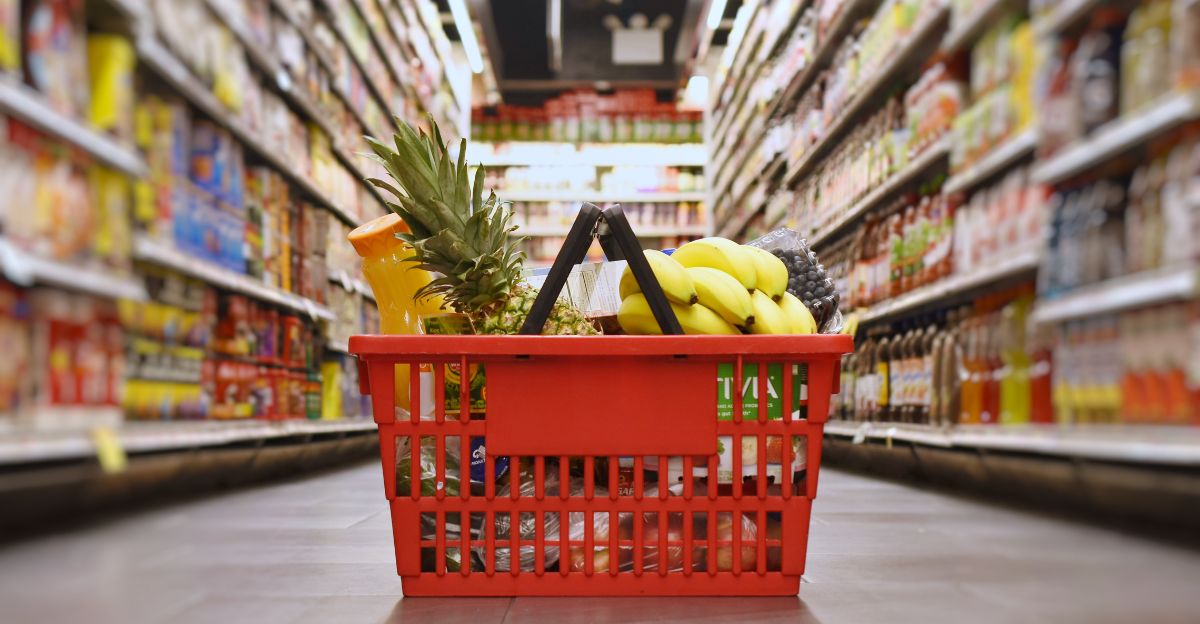
So, what should you do now? If you shop at Albertsons, Safeway, or related stores, you need to act now. You can shop early, stock up on essentials, and explore alternative grocery stores or online stores in case the strike moves forward.
Consider supporting these workers and staying updated on local developments. By planning ahead, you can avoid the shortages and frustration that might come from this strike.
The Affects

If a strike were to happen at your neighborhood supermarket, the effects could ripple through your entire community, affecting what you buy, how much you spend, and how you view essential workers.
As the strike unfolds, its consequences could shape not only grocery aisles but national conversations about fairness, work, and the future of retail. This story is still unfolding.
